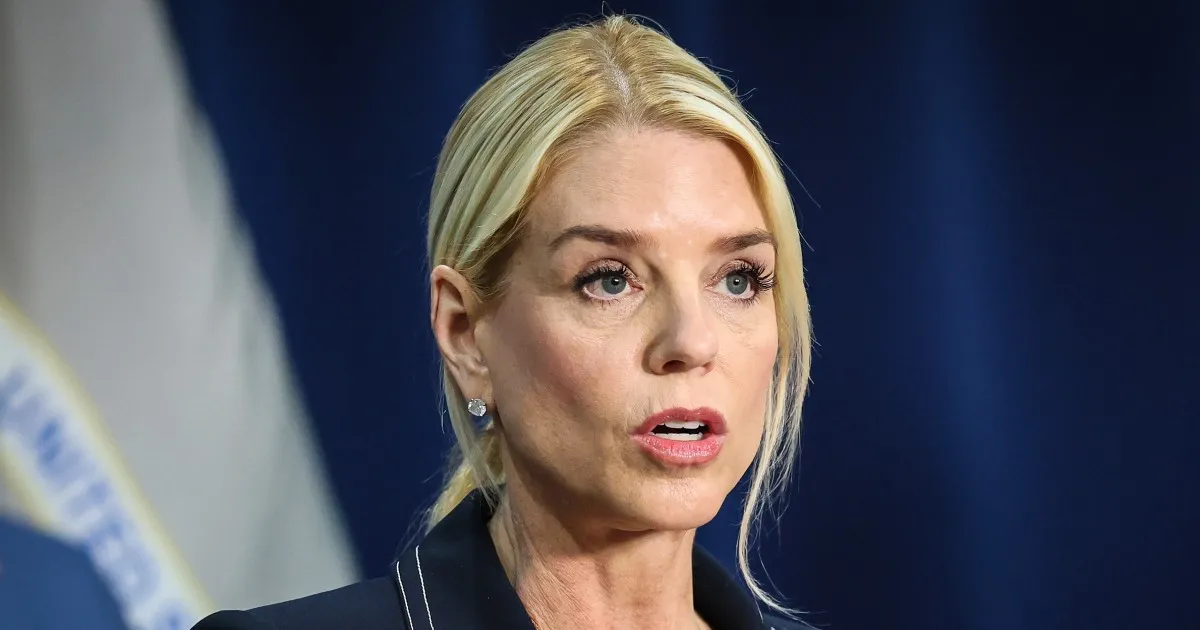
In a significant development, Attorney General Pam Bondi and FBI Director Kash Patel have faced intense scrutiny from congressional Democrats for their recent actions affecting the Justice Department’s Public Integrity Section and one of the FBI’s public corruption squads. A letter from lawmakers, obtained by NBC News, expresses that these changes effectively give a “green light to would-be lawbreakers.”
The lawmakers assert that the Department of Justice’s (DOJ) refusal to enforce anti-corruption laws undermines public trust and risks damaging Americans’ faith in the integrity of government officials. They argue that this shift is particularly alarming amid an escalating wave of corruption associated with the Trump Administration.
Among the concerns raised in the letter are specific allegations regarding President Donald Trump, including his dealings with cryptocurrency, the acceptance of a luxury jet from a foreign government intended to serve as a new Air Force One, and controversial pardons granted to donors. The letter characterizes these actions as part of a broader effort to establish a two-tiered system of justice that favors large corporations and wealthy individuals.
Senator Elizabeth Warren of Massachusetts and Representative Jerry Nadler of New York are spearheading the investigation into the changes made at the DOJ and the FBI. The letter, which has garnered support from eight additional senators and over 50 House members, requests that Bondi and Patel respond to a series of critical questions regarding the implications of the modifications to the Public Integrity Section and the FBI’s public corruption initiatives.
The timing of this letter coincides with the Trump administration’s public disclosure of criminal referrals and the initiation of investigations into Democrats and Trump opponents. This trend contradicts established norms designed to prevent the politicization of federal law enforcement. Under an executive order from Trump, the head of the DOJ’s Weaponization Working Group has indicated intentions to “name” and “shame” individuals who will not face criminal charges, marking a stark deviation from traditional DOJ practices that prioritize the protection of uncharged individuals' reputations.
A former member of the Public Integrity Section, who requested anonymity to avoid retaliation, described the unit as having undergone a “slow and painful demise,” now reduced to a mere shadow of its former self. Once staffed with 30 elite attorneys, the unit now operates with only a handful of personnel, leading to concerns that pursuing public corruption cases in a fair and methodical manner is no longer a priority for the administration.
With the DOJ now allowing politically appointed U.S. attorneys to act in ways that may serve the interests of the president, the former Public Integrity Section employee voiced serious concerns about the implications for the country. This shift could lead to cycles of revenge through grand jury investigations and potential indictments, fostering a climate of fear and uncertainty for the future of American governance.
As these developments unfold, the integrity of the Justice Department and its commitment to upholding the rule of law remain under intense scrutiny, prompting calls for accountability and transparency from those in power.